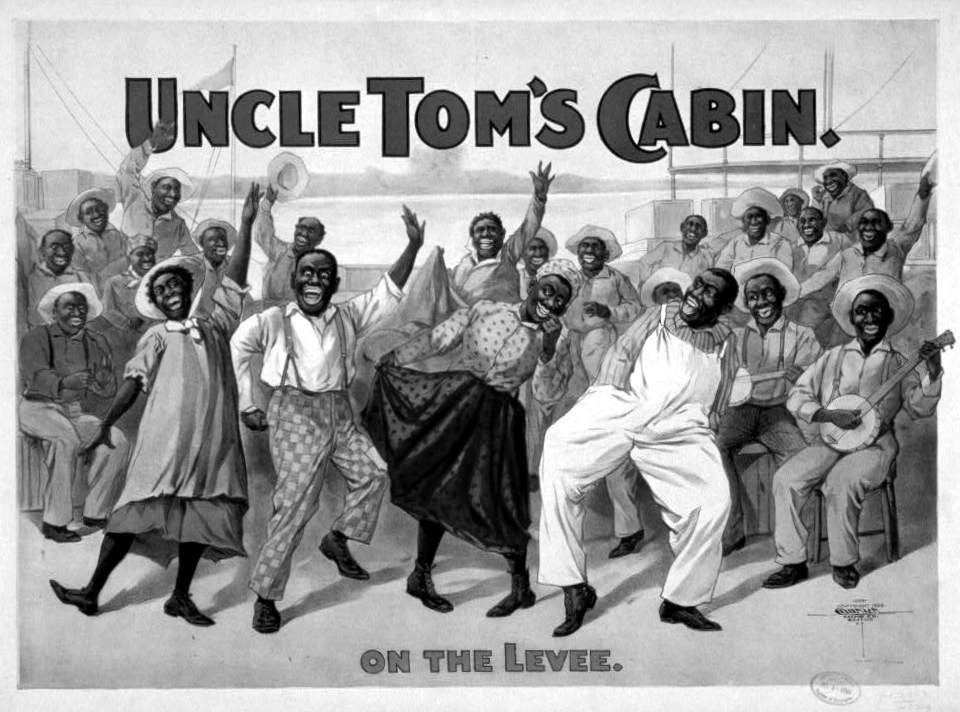Who was Uncle Tom? In black author Harriet Beecher Stowe’s 1852 novel Uncle Tom’s Cabin, he was depicted as a martyr and not a sell out to his race. His devotion to his fellow slaves was so unshakable that he suffered immensely and sacrificed a chance at freedom to help them. Compare his heroics to a prisoner of war suffering in a prison camp who unselfishly aids other prisoners, and even though he had a chance to escape, remained behind to do what he could for the others.
Uncle Tom
So, how in the world has the term “Uncle Tom” come to mean something derogatory? By the way, from my experience, it is only used in this demeaning way by African-Americans. President Obama, Tiger Woods, Condoleezza Rice, Colin Powell and Clarence Thomas, to name a few, have endured this alleged criticism. Doing some research on this enigma, I found the following information.
In a convention of the Universal Negro Improvement Association in 1919, almost seventy years after Stowe’s book was written, a Reverend McGuire declared that “The Uncle Tom nigger has to go to be replaced with a black man with a black heart not a black man with a white heart.”
Perhaps you the reader can ponder this puzzle. As for me, an older white man, I don’t get it. Certainly, this whole idea of disdaining being too white or, for that matter too black, is worthy of a serious discussion between the races.
Wigger
Which leads me to another derogatory term “wigger.” I first heard this term as it applied to white teenagers who turned to listening to hip hop and rap music and wearing clothing generally ascribed to black teenagers. Many of these wiggers adapted to the black slang and pronunciation of words, a sort of ebonics. As an aside, someone once noted if there were five white kids and one black kid in a group, quickly the whites would be adopting characteristics of the black kid and not the other way for the black kid. Perhaps the black kid did not want to be an “Uncle Tom”?
So, what am I saying here?
We have a lot to learn, a lot to comprehend, a lot to discuss. With the help of our book, Black and White Like You and Me, we can begin the conversation and listen to each other.


